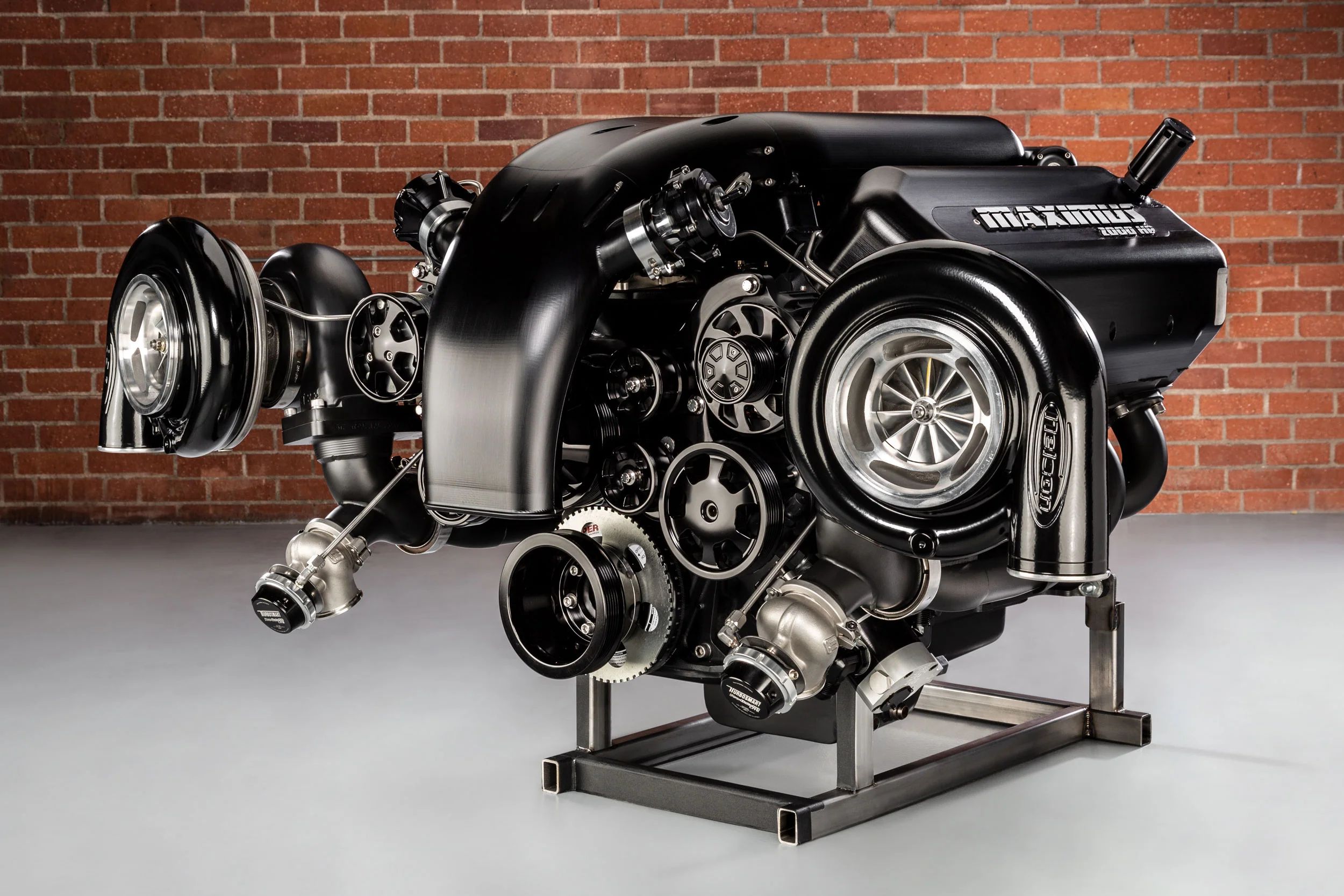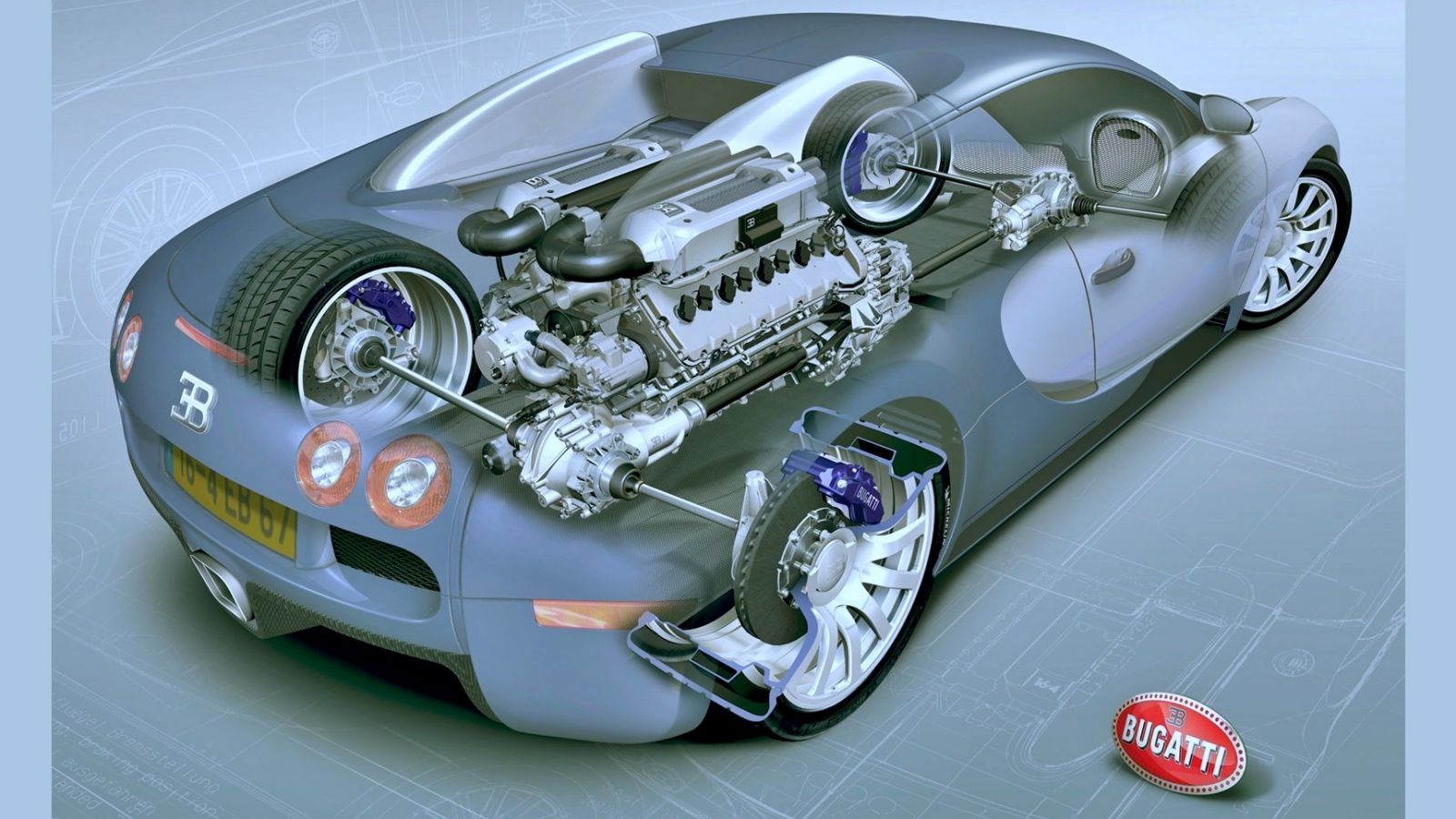The Impact of Ingenious Engine Technologies on Power Effectiveness and Environmental Sustainability
In the realm of transportation and commercial machinery, the constant quest for improved power efficiency and decreased ecological influence has caused substantial innovations in engine modern technologies. From the steady change towards electric and hybrid systems to the assimilation of turbocharging for boosted effectiveness, the landscape of engines is evolving swiftly. The use of different fuels even more diversifies the alternatives available for sustainable power resources. These advancements not only guarantee a greener future yet also hold the potential to transform the means we come close to power usage and environmental sustainability.
Development of Engine Technologies
The progression of engine innovations over the years has actually been marked by consistent innovation and improvement in search of boosted efficiency and effectiveness. From the very early days of interior burning engines to the innovative hybrid and electric powertrains these days, the advancement of engine technologies has been driven by a ruthless pursuit for boosted gas efficiency and decreased discharges.
One substantial milestone in this evolution was the growth of turbocharging and direct injection systems, which substantially enhanced engine power output while enhancing fuel performance. These innovations permitted smaller, extra lightweight engines that might deliver the performance of larger ones without jeopardizing on performance.
Moreover, innovations in products scientific research have actually brought about the extensive fostering of light-weight materials such as light weight aluminum and carbon fiber in engine building. This has not just reduced general lorry weight but has additionally enhanced engine effectiveness by reducing power losses related to inertia and rubbing.
Benefits of Electric and Hybrid Equipments
With the growing emphasis on sustainability and power performance, what benefits do hybrid and electrical systems use in the world of engine modern technologies? In addition, hybrid and electrical systems are extra energy-efficient, transforming a greater percentage of kept energy right into propulsion compared to traditional engines. Crossbreed systems combine the benefits of electric propulsion with the versatility of a burning engine, providing extended driving varieties and lowering variety stress and anxiety for consumers transitioning to electric lorries.
Turbocharging for Improved Efficiency
Cutting-edge engine modern technologies like hybrid and electric systems have led the way for developments in vehicle performance, with turbocharging emerging as a crucial technique for enhancing overall efficiency and sustainability. Turbocharging jobs by using a wind turbine to compel more air into the burning chamber, enabling better gas burning and boosted power result without a substantial boost in engine size. This procedure, called forced induction, enables smaller, much more fuel-efficient engines to produce power degrees equivalent to bigger ones. By taking full advantage of the efficiency of the burning procedure, turbocharged engines can accomplish better fuel economy and decreased exhausts, adding to ecological sustainability. Furthermore, turbocharging improves engine responsiveness, offering motorists with a more dynamic driving experience. The extensive fostering of turbocharged engines in both fuel and diesel vehicles demonstrates their effectiveness in balancing efficiency, efficiency, and environmental effect. As vehicle makers proceed to refine turbocharging innovation, its function in promoting power efficiency and sustainability in the transport sector is expected to expand further.
Utilizing Different Gas
Harnessing alternate fuels provides a promising method for minimizing carbon emissions and expanding the power sources used in transportation. As the world aims to combat climate modification and lower dependency on fossil fuels, different fuels have actually gained substantial interest for their prospective ecological and economic benefits.
Biofuels, such as ethanol and biodiesel, are originated from eco-friendly resources like sugarcane, corn, and algae, supplying a cleaner burning alternative to conventional gas and diesel. These gas can be combined with existing oil gas or used in devoted engines, offering a path to reduced greenhouse gas discharges and boost air quality.
Furthermore, hydrogen fuel cells have emerged as an appealing technology for zero-emission transportation. engines for africa. By transforming hydrogen gas into electrical energy to power electric motors, fuel cell lorries create just water vapor as a result, getting rid of dangerous tailpipe exhausts totally
In enhancement to reducing carbon emissions, different gas can additionally boost energy protection by diversifying the gas mix and minimizing reliance on imported oil. Embracing alternative gas in transport is a crucial action towards accomplishing an extra lasting and ecologically friendly future.

Future potential customers and ecological benefits
The ecological benefits of alternate gas and Read More Here their possibility for lasting sustainability are crucial considerations in the transition in the direction of cleaner power sources. Alternative fuels, such as go to these guys biofuels, hydrogen, and electricity, deal significant environmental advantages contrasted to typical nonrenewable fuel sources. These gas generate reduced levels of greenhouse gas discharges, lowering air pollution and mitigating climate change influences. In addition, different fuels can help branch out energy sources, boosting power protection and minimizing reliance on limited resources.
The future leads for different gas in the transport sector are encouraging. Developments in technology continue to improve the efficiency and price of different fuel vehicles, making them extra easily accessible to consumers. Governments around the globe are additionally implementing policies to incentivize the fostering of alternative fuels, additionally driving their growth. As r & d efforts increase, the potential for also greener and extra lasting gas choices raises, paving the way for a cleaner and more ecologically pleasant transportation market. By accepting cutting-edge technologies and different gas, the course in the direction of a much more lasting future ends up being increasingly achievable.

Conclusion
In conclusion, innovative engine innovations have actually played an important function in enhancing energy performance and advertising environmental sustainability. The development of engine modern technologies, fostering of electric and hybrid systems, application of turbocharging, and expedition of alternate fuels have all contributed to increasing and reducing exhausts performance.
In the realm of transport and industrial machinery, the constant pursuit for improved this content power effectiveness and reduced environmental influence has led to substantial advancements in engine technologies. Turbocharging works by making use of a generator to force more air right into the combustion chamber, allowing for far better gas burning and increased power output without a substantial boost in engine size. By making best use of the effectiveness of the combustion process, turbocharged engines can accomplish better fuel economic climate and decreased emissions, contributing to environmental sustainability. Different fuels, such as biofuels, hydrogen, and electrical power, deal substantial environmental benefits contrasted to conventional fossil fuels. The development of engine innovations, adoption of electric and hybrid systems, usage of turbocharging, and expedition of alternative fuels have all contributed to decreasing discharges and increasing efficiency.